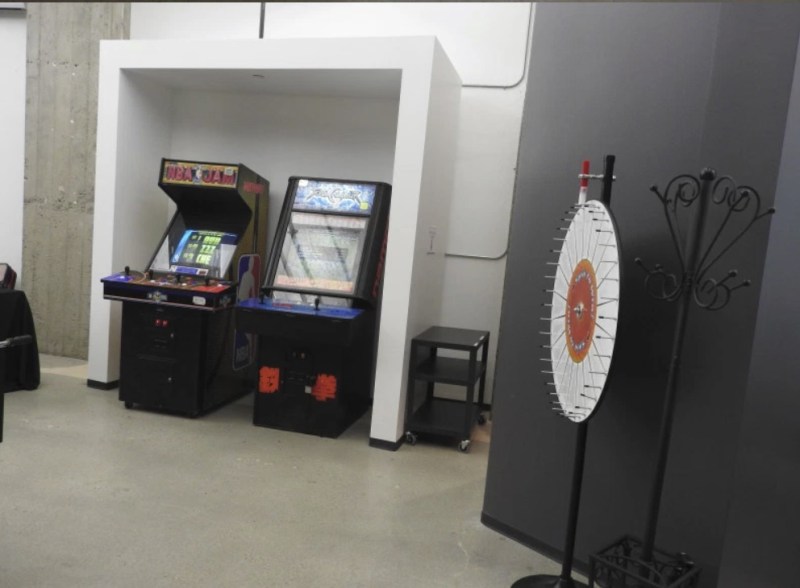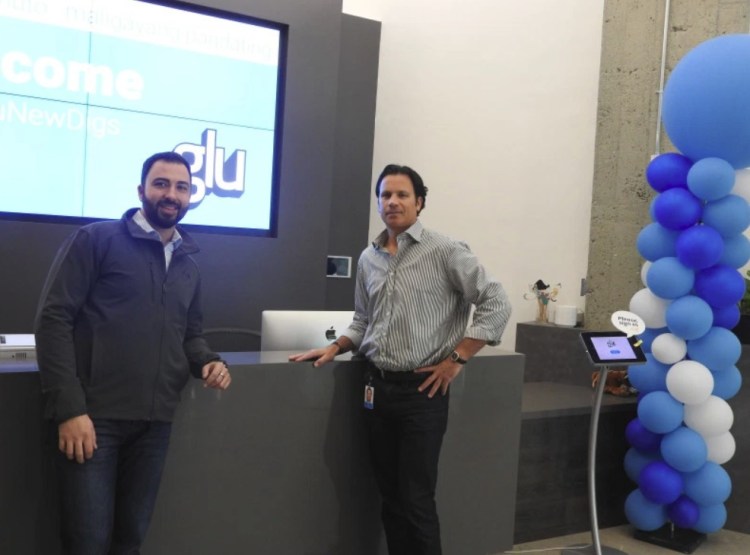GamesBeat: Crowdstar, is it really on to something with this particular slice of the market?
Earl: We think so, this kind of lifestyle app. It’s a very basic core loop. You build either a paper doll or a room, and you submit it for voting, and it gets voted up or down. Depending on where you end up you get rewards for that. It’s really simple. There’s no metagame. It’s obviously struck a nerve, in a good way, that we can have close to a $100 million game in just the room-building and a $50 million game in the paper dolls.
Imagine what happens if we add a full metagame to that, build out some AR features, and culturalize for other markets like western Europe. We can do targeted UA based on that and build up the new user flow, because it’s a little punishing to get into the experience. There’s a lot of low-hanging fruit to take those to the next level. They’ve absolutely caught on to something. The fact that they can get to be a $140 million business in those two games based entirely on that core loop — there’s no depth at all. There’s a ton of low-hanging fruit for both.

Above: Design Home has been downloaded more than 30 million times in a year.
GamesBeat: How do you run with that particular opportunity, but also avoid what you had with following Kim Kardashian?
Earl: What you do is, instead of going laterally — with Kim what we did is we just left the business like that and went laterally. We did all these other ones. We just moved out to the right and to the left. The answer is to go vertically, to go really deep with Design Home, figure out what the metagame needs to be, do augmented reality, culturalize for overseas. Let’s not do an office version of Design Home, or a dog version of Covet Fashion. That’s going laterally. You compound that by giving these enormous minimum guarantees. It doesn’t work.
We’ve found that people want to dress up their paper dolls, their models, and they want to dress up a room. So let’s go really deep on that experience. Let’s turn those into 15-year live services.
Akhavan: That’s the opportunity the company really missed with Kim. That was an opportunity to go really deep on that game, which was already a huge hit, instead of getting distracted with all these other celebrity titles.
Earl: And paying out enormous minimum guarantees. Now we don’t have those, which are very hard from a margin perspective and lock up all our cash. Now we’re fighting past that. We have a healthy balance sheet. The only MGs we have now is for things we know we’ll recoup – baseball, WWE, and Disney. We’re done with the whole celebrity thing. It’s liberating. It’s culturally liberating and it’s fiscally liberating.
Here’s the story. Kim, in her fourth year, is starting to go back up again. It’s crushing. What is it about her that in year four that business is going up and to the right? In June it’ll be four years. It’s really impressive. She’s impressive. She makes it really easy for her partners to make her rich. What a gift. If you’re going to be born with a gift, that’s a good one. So many of these celebrities have made it so hard for us to make them wealthy. That’s a great story.

Above: A place for Glu employees to relax.
GamesBeat: I was looking at EA and their troubles with loot crates on the Star Wars game. It’s starting to look like gamers were finally paying attention to what EA was saying to the financial analysts. They’re saying, “Don’t worry, we’ll bring loot crates back and it’ll monetize like crazy.” The investors loved that message, but then gamers look at that and say, “Wait. We paid for this game already.”
Earl: That’s it. They paid for the game already. It’s different from the freemium model. EA, in its typical way, tried to take a premium model and add freemium on top of it. They wanted to eat their cake and have it too. We’re just in the cake business. We’ll give this away for free. 90 out of 100 people don’t pay. 10 of those pay and then one of them pays a lot.
GamesBeat: So it’s not something to navigate there? It’s more that you just have to know the audience.
Earl: Exactly. Know the audience. Our audience is fine with loot boxes. There are a few little things we have to do that Apple has asked us to do, which is fine. It’s easy for us to do. We’re not in the business of tricking people. We only hurt ourselves, because people figure that out. People are smart. They’ll stop the stream of in-app purchases.
We’re in the business of creating high value, short burst experiences that allow people to escape for a few minutes, really focus for a few minutes, get that serotonin reward for a few minutes, and then go on for the rest of the day. In a few hours they come back and get more. That business is based on this gacha mechanic, or loot boxes. That works. It’s proven to work for years. Our shareholders at Tencent were a pioneering firm around that. Does it work with a game you bought for $60? Maybe not.
Companies like EA are always going to be looking for ways to drive revenue, and on paper — I can imagine it. I’ve been in those meetings at Redwood Shores. I know exactly what that meeting was like. “Why can’t we do this with this and get this?” That decree went out to the teams, and the teams — it doesn’t matter what the team said. They were told to go do it. I was in that system for a long time and I know how it works. Then it comes back and I’m sure it was a total mess.
For us it’s very different. We’re in a different place. Our games are free. Honestly, it is a reminder that we have to be very thoughtful about our ecosystem. We have to be thoughtful about the customer. If they go away, we go away. From that perspective, we don’t take it lightly. We’re very respectful of hearing feedback like that. We try to listen and drive an experience where they’re excited to keep doing what they’re doing. Some of them pay thousands, if not hundreds of thousands, each year in these games. That’s the magic of our model.
GamesBeat: Somewhere in there was a worry that these business models would lead to fewer original games. If companies were so fat and happy making money from existing games, they’d be less motivated to take the risk of creating original content. Or it would make less business sense to take a talented team and let them make something original instead of an established IP.
Earl: There’s some truth to it. We always think twice about doing something new versus a license or something existing. From a UA perspective we’d think about that. That said, there will always be these small upstarts who innovate their way to the top of the charts. We’re going to see new games, for sure. If you look at our portfolio, we have just as many new games as we have existing licenses that we’re building. We now have the financial freedom to go take some chances. I do think you’ll see some of that, but you’ll see a counter to it as well. The healthier company is, the more chances they can take.

